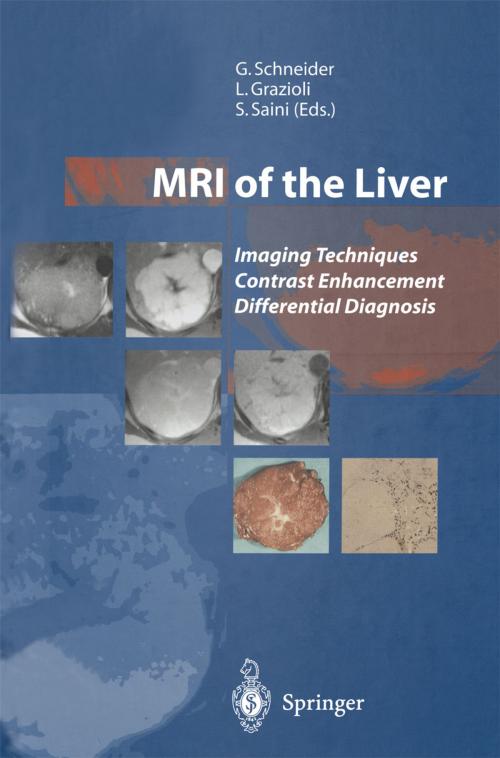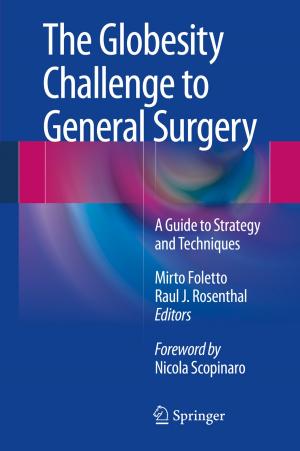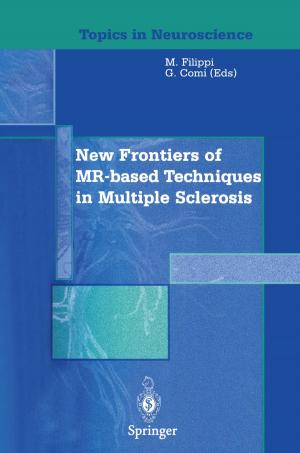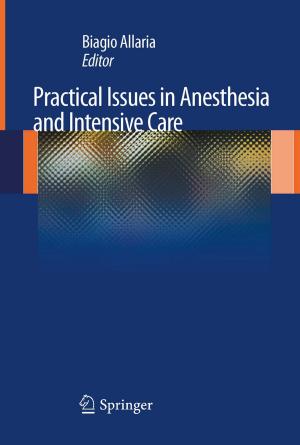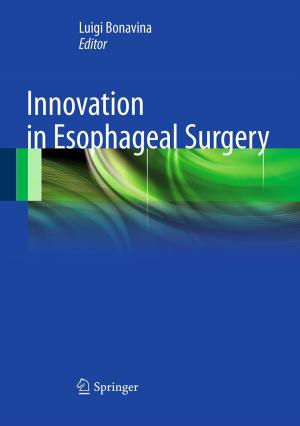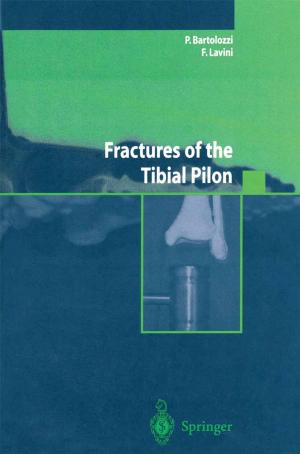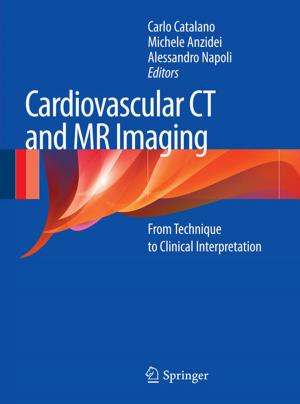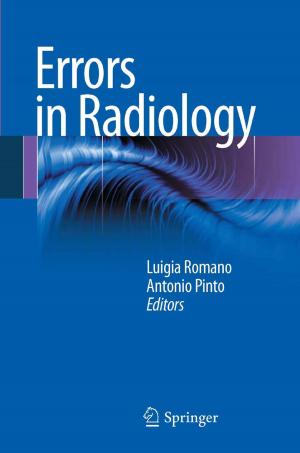MRI of the Liver
Imaging Techniques Contrast Enhancement Differential Diagnosis
Nonfiction, Health & Well Being, Medical, Medical Science, Biochemistry, Specialties, Radiology & Nuclear Medicine| Author: | D.R. Martin, L. Olivetti, A. Luca, M. Kirchin, A. Massmann, R. Seidel, L. Romanini, P. Fries, P. Caccia, M.P. Bondioni, K. Altmeyer, M. Harisinghani, R.V. D'Souza, D. Sahani | ISBN: | 9788847029460 |
| Publisher: | Springer Milan | Publication: | April 17, 2013 |
| Imprint: | Springer | Language: | English |
| Author: | D.R. Martin, L. Olivetti, A. Luca, M. Kirchin, A. Massmann, R. Seidel, L. Romanini, P. Fries, P. Caccia, M.P. Bondioni, K. Altmeyer, M. Harisinghani, R.V. D'Souza, D. Sahani |
| ISBN: | 9788847029460 |
| Publisher: | Springer Milan |
| Publication: | April 17, 2013 |
| Imprint: | Springer |
| Language: | English |
Recent technological developments have broadened considerably the role of magnetic resonance imaging in the evaluation of liver pathology. Today, MR imaging is not looked upon merely as a problem-solving technique but is widely considered the principal imaging modality for both the detection and accurate diagnosis of focal and diffuse liver disease. Advances in hardware and sequence design and the advent of novel contrast agents with liver-specific properties have contributed towards making MRI of the liver a routine clinical application.
Compared with previous publications on the application of MRI to study the liver, this book stands out in at least three major respects:
- It presents in a clear and concise manner the current approaches to routine MRI of the liver, taking account of the hardware and software currently available from the major manufacturers and proposing imaging protocols for each.
- A vast number of illustrations describe the pathologic and radiological correlations of the principal focal and diffuse liver diseases.
- It presents a practical rationale for the use of contrast agents with liver-specific properties.
This book will prove invaluable to radiologists wishing to expand or consolidate their routine approach to MR imaging of the liver.
Recent technological developments have broadened considerably the role of magnetic resonance imaging in the evaluation of liver pathology. Today, MR imaging is not looked upon merely as a problem-solving technique but is widely considered the principal imaging modality for both the detection and accurate diagnosis of focal and diffuse liver disease. Advances in hardware and sequence design and the advent of novel contrast agents with liver-specific properties have contributed towards making MRI of the liver a routine clinical application.
Compared with previous publications on the application of MRI to study the liver, this book stands out in at least three major respects:
- It presents in a clear and concise manner the current approaches to routine MRI of the liver, taking account of the hardware and software currently available from the major manufacturers and proposing imaging protocols for each.
- A vast number of illustrations describe the pathologic and radiological correlations of the principal focal and diffuse liver diseases.
- It presents a practical rationale for the use of contrast agents with liver-specific properties.
This book will prove invaluable to radiologists wishing to expand or consolidate their routine approach to MR imaging of the liver.
